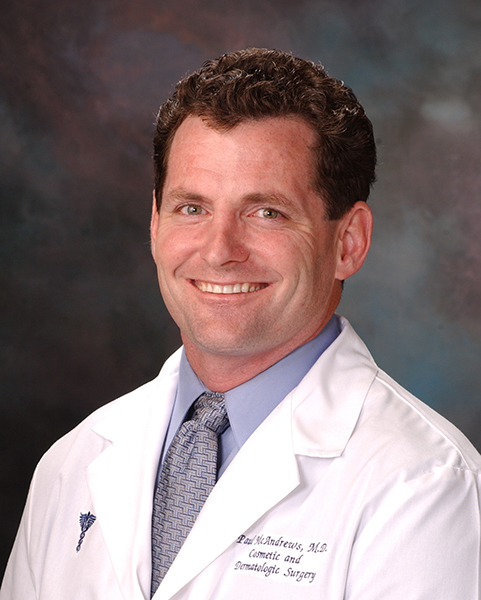It’s easy to be lured in by slick advertising, heavy marketing, and people dressed in medical scrubs or lab jackets. Many FUE clinics are popping up at an alarming rate, promising low prices and no scars, and having the surgeries performed by non-doctors with little or no training. These clinics are comfortable breaking the law in order to bring in some extra revenue to their office. Your safety is at risk if you don’t do your homework.
A natural looking hair transplant is an art, and it takes a skilled medical doctor approximately 5-8 hours of undivided attention. That is why I, a board-certified dermatologist formally trained in hair restoration surgery during my medical residency, can only perform one surgery a day. Be very cautious of improperly trained doctors, unlicensed technicians, robots & assembly lines.
Ask these simple questions:
- Who will evaluate my hair loss, provide my consultation, and recommend a course of treatment? And what is their medical education, training, and actual experience (years) in treating hair loss?
- Who will be involved in performing my surgery, and what role will they play? What is their medical education, training and experience performing hair restoration surgery?
- Will anyone not medically licensed by the state be making incisions or harvesting grafts during my surgery? If so, please identify this person, explain their specific role, and why they are permitted to practice medicine without a medical license?
- Is everyone involved in my surgery covered by malpractice insurance?
Take the time to make an informed & intelligent decision before you choose your medical surgeon.
Worried About Hair Loss? Let’s Talk.
Get trusted answers from Dr. McAndrews, a board-certified hair restoration physician with over 20 years of experience. We serve Los Angeles through our Pasadena office and offer convenient online consultations that you can reserve from anywhere.

Dr. Paul J. McAndrews is a world-renowned expert in hair loss and hair restoration, and one of only two physicians to have served as President of both the ISHRS and ABHRS. He is a Clinical Professor at USC/LAC Medical Center and an Expert Medical Reviewer for the California Medical Board. Known for his artistic, patient-focused approach, Dr. McAndrews performs one hair transplant per day to ensure exceptional, individualized results.
